Home>Home Maintenance>When Selling A House, Who Should Do The Home Inspection: Buyer Or Seller?


Home Maintenance
When Selling A House, Who Should Do The Home Inspection: Buyer Or Seller?
Modified: March 6, 2024
Discover whether the home inspection responsibility falls on the buyer or seller when selling a house. Find out the importance of home maintenance in the process.
(Many of the links in this article redirect to a specific reviewed product. Your purchase of these products through affiliate links helps to generate commission for Storables.com, at no extra cost. Learn more)
Introduction
When it comes to selling a house, one crucial step in the process is the home inspection. A home inspection is a thorough examination of the property’s condition, typically conducted by a professional inspector. It helps to identify any issues or potential problems with the house, giving both the buyer and the seller a clear understanding of its overall condition.
However, one question that often arises during real estate transactions is: who should be responsible for conducting the home inspection, the buyer or the seller? The answer to this question can vary depending on several factors, and it’s essential for both parties to consider the advantages and disadvantages of each approach before making a decision.
In this article, we will explore the responsibilities and considerations for both buyers and sellers when it comes to home inspections. By understanding these factors, you can make an informed decision that aligns with your goals and protects your interests throughout the selling process.
Key Takeaways:
- Buyers conducting the home inspection gives them control and negotiation power, but it comes with added costs and time. Sellers conducting the inspection can be transparent and prepared, but may raise concerns about bias.
- Factors like expertise, trust, and market conditions influence who should conduct the inspection. Regardless of who does it, transparency and cooperation are crucial for a successful transaction.
What is a Home Inspection?
A home inspection is a comprehensive examination of a property’s physical condition, structural components, and major systems. This inspection is typically conducted by a licensed and experienced home inspector who is trained to identify any potential issues or deficiencies in the house.
During a home inspection, the inspector will thoroughly examine various aspects of the property, including the foundation, roofing, plumbing, electrical systems, HVAC (heating, ventilation, and air conditioning) systems, insulation, and more. They will also check for any signs of water damage, mold growth, structural integrity, and potential safety hazards.
The goal of a home inspection is to provide an objective evaluation of the property’s condition. The inspector will prepare a detailed report documenting their findings, which can help both buyers and sellers make educated decisions about the property.
It’s important to note that a home inspection is different from an appraisal. While a home inspection focuses on the condition of the property, an appraisal determines its market value. Both are crucial steps in the homebuying process, but they serve different purposes.
Buyers often hire a home inspector to conduct an inspection before finalizing the purchase of a house. This inspection helps them understand the overall condition of the property and identify any potential issues that might require repairs or negotiations with the seller.
It’s worth noting that in some cases, sellers may also opt to conduct a pre-listing home inspection before putting their house on the market. This approach allows sellers to identify and address any issues beforehand, potentially increasing the market value and appeal of their property.
Regardless of whether the home inspection is conducted by the buyer or the seller, it provides valuable information that can aid both parties in making informed decisions during the real estate transaction.
The Importance of a Home Inspection
A home inspection plays a crucial role in the home buying and selling process. For buyers, it provides peace of mind and the opportunity to make an informed decision about their potential investment. For sellers, it allows them to identify and address any issues that may impact the sale of their property. Let’s delve into the importance of a home inspection for both parties.
For buyers, a home inspection is an essential step in the due diligence process. It helps uncover any hidden issues or potential problems with the property that may not be apparent during a casual walkthrough. The inspection report provides a detailed overview of the property’s condition, including any major or minor deficiencies. Armed with this information, buyers can negotiate with the seller to address necessary repairs or adjustments to the purchase price.
A home inspection also serves as a valuable learning opportunity for buyers. The inspector can provide insights into the maintenance and upkeep of the property, offering guidance on how to maintain its various systems and components. This knowledge can help buyers prioritize necessary repairs and plan for future maintenance, ensuring the longevity and livability of the home.
On the other hand, sellers can benefit from a home inspection by conducting one before listing their property. This proactive approach enables sellers to identify and rectify any potential issues or deficiencies in advance, avoiding surprises and potential complications during the negotiation process. By addressing these issues ahead of time, sellers can present their property in the best possible condition, potentially attracting a larger pool of buyers and commanding a higher sale price.
A pre-listing home inspection also allows sellers to tackle any safety concerns and improve the overall desirability of their property. By fixing issues like faulty electrical systems, plumbing leaks, or structural defects, sellers can boost buyer confidence and ensure a smoother transaction process.
Furthermore, a home inspection report can serve as a valuable marketing tool for sellers. By providing potential buyers with a comprehensive inspection report, sellers can demonstrate transparency and show that their property has been thoroughly examined. This can instill confidence in buyers and differentiate the property from others on the market.
In summary, a home inspection is essential for both buyers and sellers. For buyers, it provides peace of mind and helps in making informed decisions, while for sellers, it allows them to address any issues beforehand and present their property in the best possible light. Whether you are buying or selling a home, a home inspection is a vital step in the process that should never be overlooked.
Buyer’s Responsibility
When it comes to the home inspection process, the responsibility of scheduling and coordinating the inspection typically falls on the buyer. As the potential owner of the property, it is in the buyer’s best interest to conduct a thorough inspection to ensure they are making an informed decision. Here are some key aspects of the buyer’s responsibility in the home inspection process:
- Selecting a Qualified Home Inspector: The first step for the buyer is to research and choose a reputable and experienced home inspector. Look for inspectors who are licensed, certified, and have a track record of conducting thorough inspections. Seek recommendations from friends, family, or your real estate agent to find a reliable professional.
- Scheduling the Home Inspection: Once a home inspector has been selected, it is the buyer’s responsibility to schedule the inspection. Coordinate with the seller and their agent to find a mutually convenient time for the inspection to take place. It’s advisable to attend the inspection personally to ask questions, gain insights, and have a better understanding of the property’s condition.
- Performing Due Diligence: During the inspection, the buyer should actively participate and take note of any areas of concern or potential issues identified by the inspector. It’s essential to carefully review the inspection report, which outlines the findings in detail. If there are any questions or uncertainties regarding the report, consult with the inspector to gather more information.
- Seeking Specialized Inspections: In some cases, a general home inspection may not cover every aspect of the property. Depending on the specific requirements and concerns, the buyer may need to arrange additional specialized inspections. This can include inspections for pests, mold, radon, or any other specific concerns related to the property’s location or condition.
- Negotiating Repairs or Adjustments: Based on the findings of the inspection report, the buyer can use the identified issues to negotiate with the seller. If significant problems are discovered, the buyer may request repairs to be completed by the seller before closing or negotiate a reduction in the purchase price to account for the cost of repairs.
- Re-evaluating the Purchase Decision: In some cases, the results of the home inspection may reveal significant issues that the buyer is not willing to accept. If the repairs or adjustments are beyond the buyer’s budget or comfort level, they have the option to back out of the purchase agreement within the specified contingency period.
Ultimately, it is the buyer’s responsibility to ensure they have conducted a thorough inspection, understood the findings, and made an informed decision about the property’s condition. By taking these responsibilities seriously, buyers can protect themselves and their investment in the property.
Seller’s Responsibility
While the buyer typically takes the lead in scheduling and coordinating the home inspection, sellers also have important responsibilities when it comes to the inspection process. Sellers should consider these responsibilities to ensure a smooth and successful transaction. Here are some key aspects of the seller’s responsibility in the home inspection process:
- Disclosing Known Issues: Sellers have a legal and ethical obligation to disclose any known issues or defects with the property to potential buyers. It’s essential to provide accurate and honest information about the property’s condition, including any past repairs, renovations, or known problems. Failure to disclose pertinent information can lead to legal complications in the future.
- Preparing the Property for Inspection: Sellers should make the property accessible and ensure that the inspector has easy and unrestricted access to all areas of the house, including attics, crawlspaces, and utility rooms. Clearing clutter, unlocking gates, and removing any obstructions can help facilitate a thorough inspection.
- Addressing Maintenance and Repairs: Sellers should take the initiative to address any routine maintenance tasks and minor repairs that can improve the overall condition of the property. By proactively taking care of these issues beforehand, sellers can create a more favorable impression during the inspection and potentially have less negotiation room for repairs afterward.
- Providing Documentation: Sellers should compile and provide relevant documentation related to the property, such as maintenance records, warranties, permits, and receipts for repairs or improvements. This information can be useful for the inspector and potential buyers in understanding the history of the property and any work that has been done.
- Being Present or Available: Although sellers are not usually required to be present during the inspection, it can be helpful if they make themselves available for any questions or clarifications. If the seller has specific knowledge about the property or its systems, sharing that information with the inspector or the buyer can offer valuable insights.
- Understanding Inspection Results: Once the inspection is complete, sellers should review the inspection report carefully to understand the findings. This will help them prepare for potential negotiations with buyers regarding repairs or adjustments. It’s important to be open to the buyer’s concerns and be willing to consider reasonable requests based on the inspection report.
- Addressing Negotiations: If the inspection report highlights significant issues, sellers should be prepared to negotiate with the buyer regarding repairs or price adjustments. Evaluating the cost and potential impact on the sale, sellers can determine the best course of action to move forward and reach a mutually satisfactory agreement.
By fulfilling these responsibilities, sellers can demonstrate professionalism, transparency, and cooperation throughout the home inspection process. This not only enhances the buyer’s confidence but also facilitates a smoother and more successful real estate transaction.
Pros and Cons of Buyer or Seller Conducting the Home Inspection
When it comes to conducting a home inspection, both buyers and sellers have the option to take on the responsibility. Each approach has its own set of advantages and disadvantages, which should be carefully considered before making a decision. Let’s explore the pros and cons of both the buyer or seller conducting the home inspection:
Buyer Conducting the Inspection
Pros:
- Control and Independence: When buyers conduct the inspection, they have complete control over the process and the choice of inspector. They can select an inspector they trust and feel comfortable with, ensuring that their interests are prioritized.
- Thorough Examination: Buyers conducting the inspection can focus on areas of specific concern or interest to them. They can spend more time examining these areas, asking relevant questions, and gaining a deeper understanding of the property’s condition.
- Negotiation Power: By identifying issues through the inspection, buyers can leverage the findings to negotiate repairs or price adjustments with the seller. They can request necessary repairs or negotiate a reduction in the purchase price to account for any repairs needed.
Cons:
- Additional Cost: Conducting a separate inspection as a buyer means incurring additional costs. Buyers are responsible for paying for the inspection services, which can add to the overall expenses of the homebuying process.
- Time and Effort: Coordinating the inspection, finding a reliable inspector, and managing the inspection process can be time-consuming for buyers. It requires the buyer to invest additional effort in researching and overseeing the inspection process.
- Lack of Objectivity: As buyers have a vested interest in the property, they may have a subjective perspective when conducting the inspection. This could potentially cloud their judgment or cause them to overlook certain issues.
Seller Conducting the Inspection
Pros:
- Preparation and Control: By conducting a pre-listing inspection as the seller, you have an opportunity to proactively address any issues or concerns before putting the house on the market. This gives you more control over the condition of the property and can help you present it in the best possible light.
- Transparent Disclosure: When sellers conduct the inspection and provide the inspection report to potential buyers, they demonstrate transparency and build trust. Buyers appreciate having access to an inspection report conducted by a reputable inspector, which can help ease their concerns and streamline negotiations.
- Streamlined Negotiations: A pre-listing inspection can help streamline the negotiation process by providing a clear understanding of the property’s condition upfront. Buyers are less likely to raise significant concerns since they already have knowledge of any existing issues.
Cons:
- Cost and Responsibility: Sellers are responsible for the cost of conducting the inspection, which can be an added expense during the home selling process. Additionally, sellers take on the responsibility of addressing any issues that may arise from the inspection.
- Limited Inspection Scope: Sellers conducting the inspection may focus less on areas that are not immediately visible or may overlook certain issues. They may not have the same level of expertise as professional home inspectors, potentially missing critical problems.
- Perception of Bias: Buyers may question the objectivity of a home inspection conducted by the seller. They may feel that the seller is inclined to downplay or overlook certain issues to influence the sale process.
Ultimately, the decision of whether the buyer or seller should conduct the home inspection depends on various factors, such as personal preferences, market conditions, and the specific circumstances of the transaction. Both approaches have their pros and cons, and it’s important for both parties to carefully weigh these factors before making a decision.
Factors to Consider in Deciding Who Should Conduct the Home Inspection
Deciding whether the buyer or the seller should conduct the home inspection requires careful consideration of various factors. Each party’s preferences, responsibilities, and circumstances play a significant role in making this decision. Here are some key factors to consider:
Buyer’s Perspective:
- Control: Buyers who value complete control over the inspection process may prefer to conduct it themselves. They can choose their own inspector and ensure their specific concerns are addressed during the inspection.
- Expertise: Buyers who are knowledgeable about home maintenance, construction, or have experience in conducting inspections may feel confident in conducting the inspection themselves. This can save on inspection costs and provide a deeper understanding of the property.
- Trust and Independence: Buyers who prefer an independent inspection, free from any potential bias, may opt to conduct it themselves. This can help build trust and ensure that their interests are directly represented.
- Negotiation Power: Buyers who want to have maximum leverage during negotiations may prefer conducting the inspection. By having identified issues, they can negotiate repairs or price reductions based on the inspection findings.
Seller’s Perspective:
- Preparation: Sellers who want to proactively address any issues before listing their property may opt to conduct a pre-listing inspection. This allows them to make necessary repairs, improving the marketability and saleability of the property.
- Transparency: Sellers who wish to demonstrate transparency to potential buyers may choose to conduct the inspection themselves. A pre-listing inspection report can provide buyers with confidence and help streamline the negotiation process.
- Time and Convenience: Sellers who are looking to expedite the sale process and make it more convenient may prefer allowing buyers to conduct the inspection. This relieves them of the responsibility of coordinating and overseeing the inspection.
- Access to Factual Information: Sellers who want to ensure that buyers have access to accurate information about the property’s condition may choose to conduct the inspection. This helps avoid any surprises during the buyer’s inspection and potential renegotiation.
External Factors:
- Market Conditions: The state of the real estate market can influence the decision. In a buyer’s market, a buyer-conducted inspection may provide them with more negotiation power. In a seller’s market, a pre-listing inspection conducted by the seller may attract more buyers.
- Property Condition: The condition of the property itself can impact the decision on who should conduct the inspection. If the property is newly constructed, recently renovated, or appears to be in excellent condition, sellers may feel more comfortable allowing buyers to conduct the inspection.
- Legal Requirements: Some states or regions may have specific regulations or requirements regarding who is responsible for the home inspection. It’s important to consult local laws and regulations to ensure compliance.
- Role of Real Estate Agents: The involvement and guidance of real estate agents can also influence the decision. They can provide insights based on their experience and help navigate through the inspection process.
Considering these factors can help buyers and sellers determine who should conduct the home inspection in their specific situation. It’s essential to weigh the advantages, disadvantages, and individual circumstances to make an informed decision that aligns with the goals and expectations of all parties involved.
It’s typically the buyer’s responsibility to arrange and pay for a home inspection. However, sellers can also benefit from getting a pre-listing inspection to identify and address any issues before putting the house on the market.
Conclusion
Deciding who should conduct the home inspection, whether it is the buyer or the seller, is a crucial consideration in the home buying and selling process. Both approaches have their own set of advantages and disadvantages that should be carefully evaluated based on individual preferences, circumstances, and market conditions.
For buyers, conducting the inspection themselves provides a sense of control, allows for a thorough examination of specific areas of interest, and empowers them during negotiations. However, it also involves additional costs, requires time and effort in coordinating the inspection, and may lack the objectivity of a professional inspector.
On the other hand, sellers conducting the inspection can proactively address any issues beforehand, demonstrate transparency to potential buyers, and streamline negotiations. However, it comes with the responsibility of addressing repairs, may overlook certain issues due to limited inspection scope, and may raise buyers’ concerns about potential bias.
Factors such as personal preferences, expertise, trust, negotiation power, preparation, transparency, time, convenience, market conditions, property condition, legal requirements, and the involvement of real estate agents should all be considered in making the decision.
In the end, the most important aspect is ensuring that both buyers and sellers have access to accurate and comprehensive information about the property’s condition. Whether the inspection is conducted by the buyer or the seller, the goal is to make an informed decision based on the findings and negotiate any necessary repairs or adjustments to ensure a successful transaction.
Regardless of who conducts the inspection, it is crucial for both buyers and sellers to prioritize transparency, open communication, and a cooperative spirit throughout the process. By working together and respecting each other’s roles and responsibilities, a home inspection can be a valuable tool in facilitating a smooth transaction and protecting the interests of all parties involved.
Frequently Asked Questions about When Selling A House, Who Should Do The Home Inspection: Buyer Or Seller?
Was this page helpful?
At Storables.com, we guarantee accurate and reliable information. Our content, validated by Expert Board Contributors, is crafted following stringent Editorial Policies. We're committed to providing you with well-researched, expert-backed insights for all your informational needs.
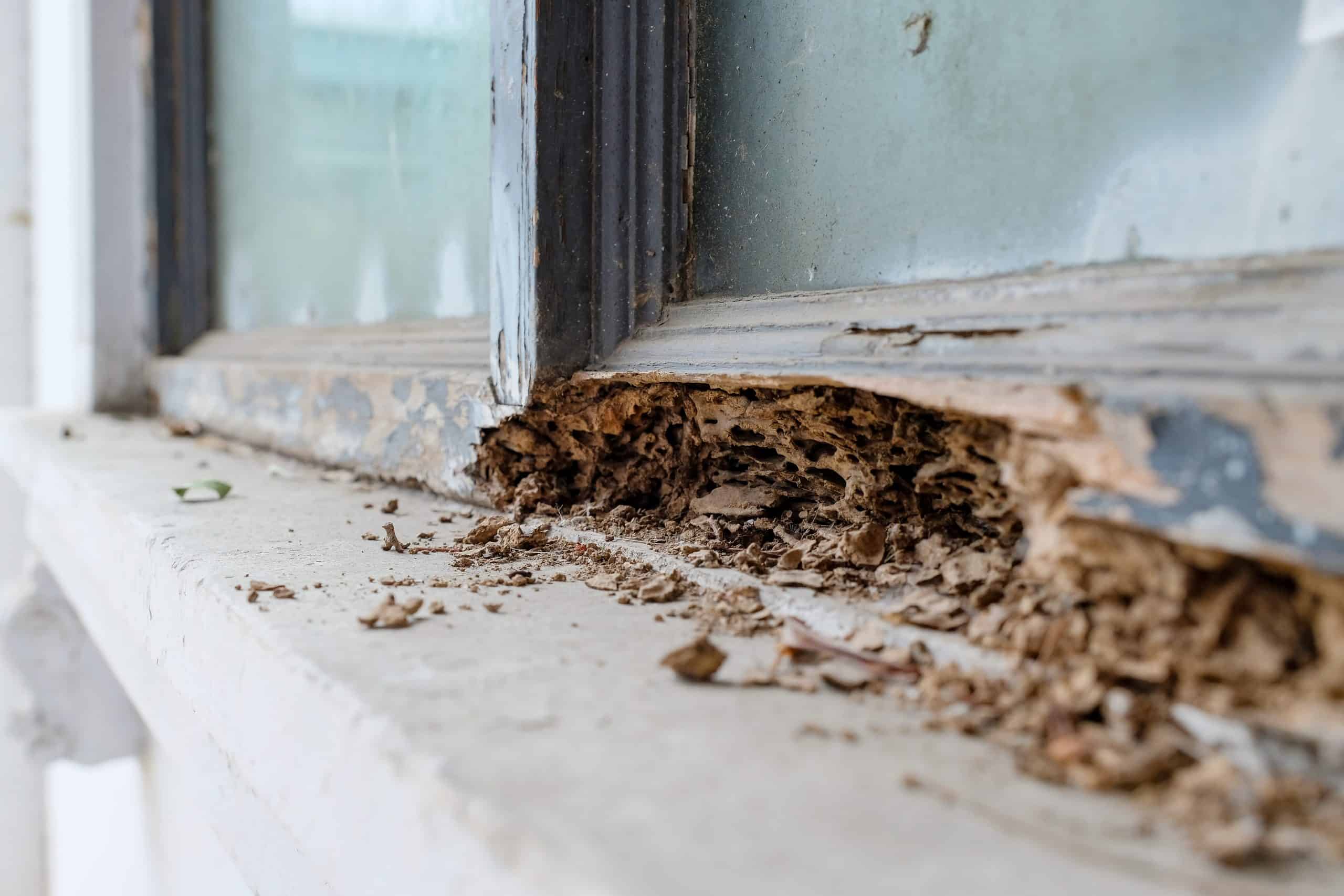
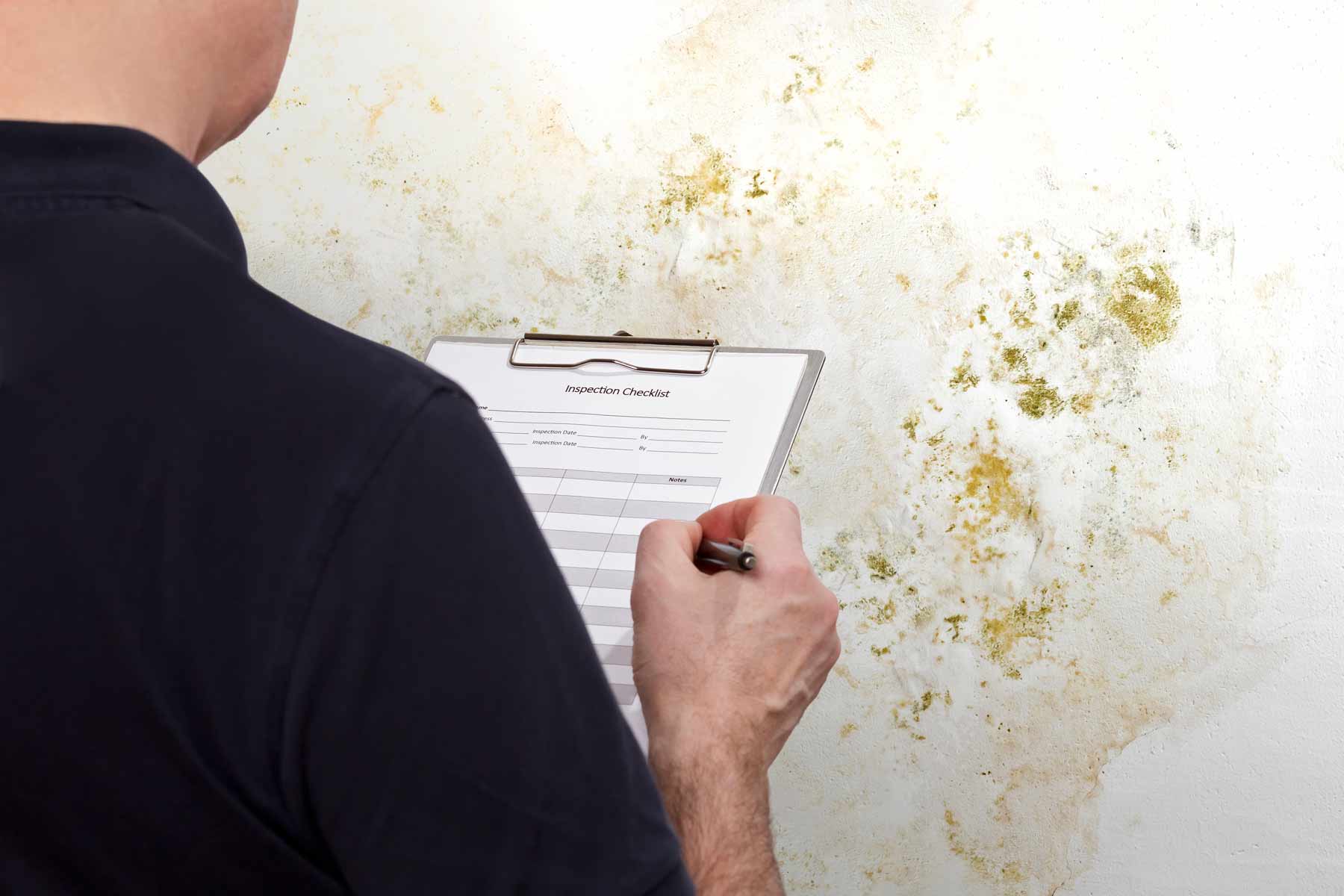
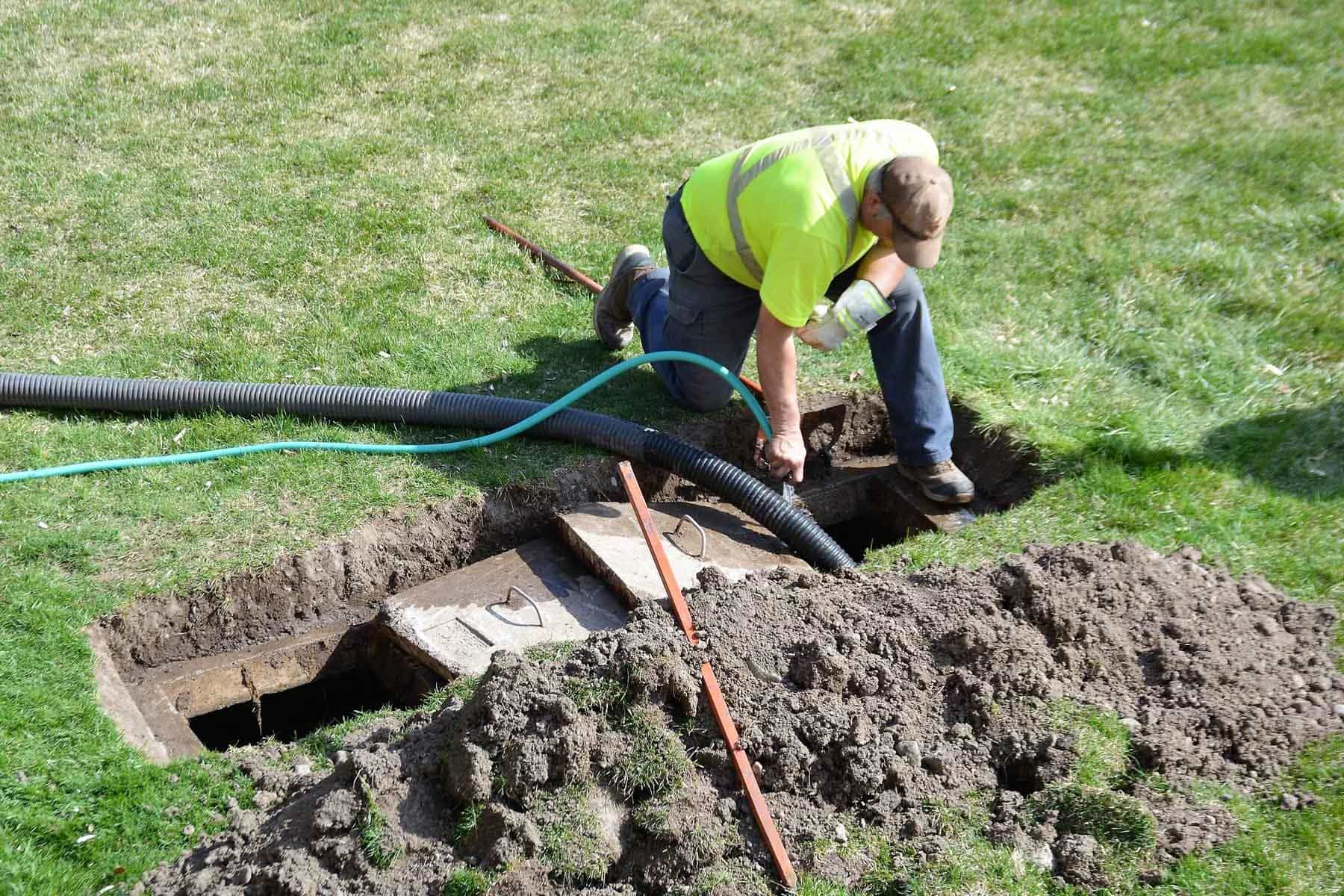

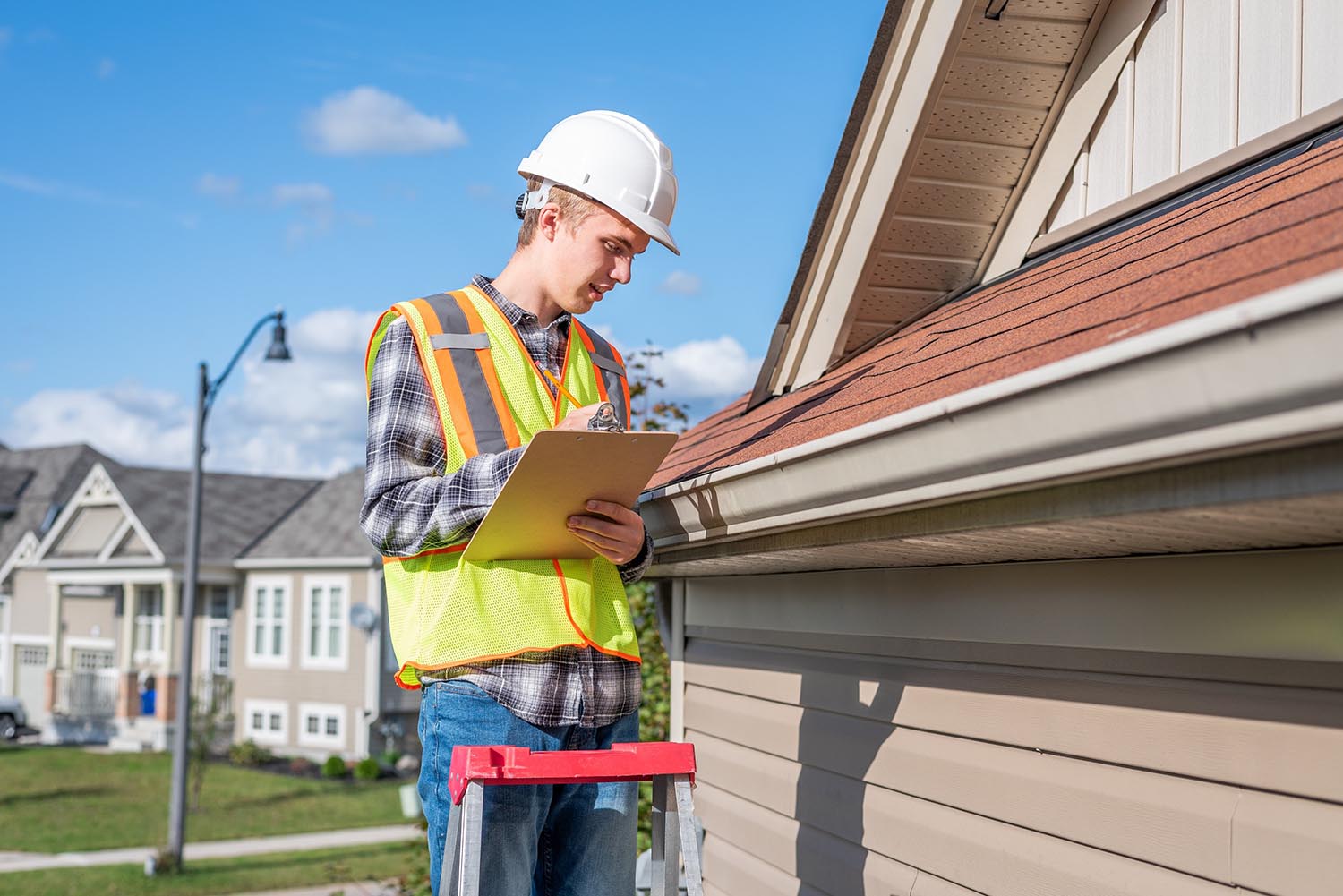
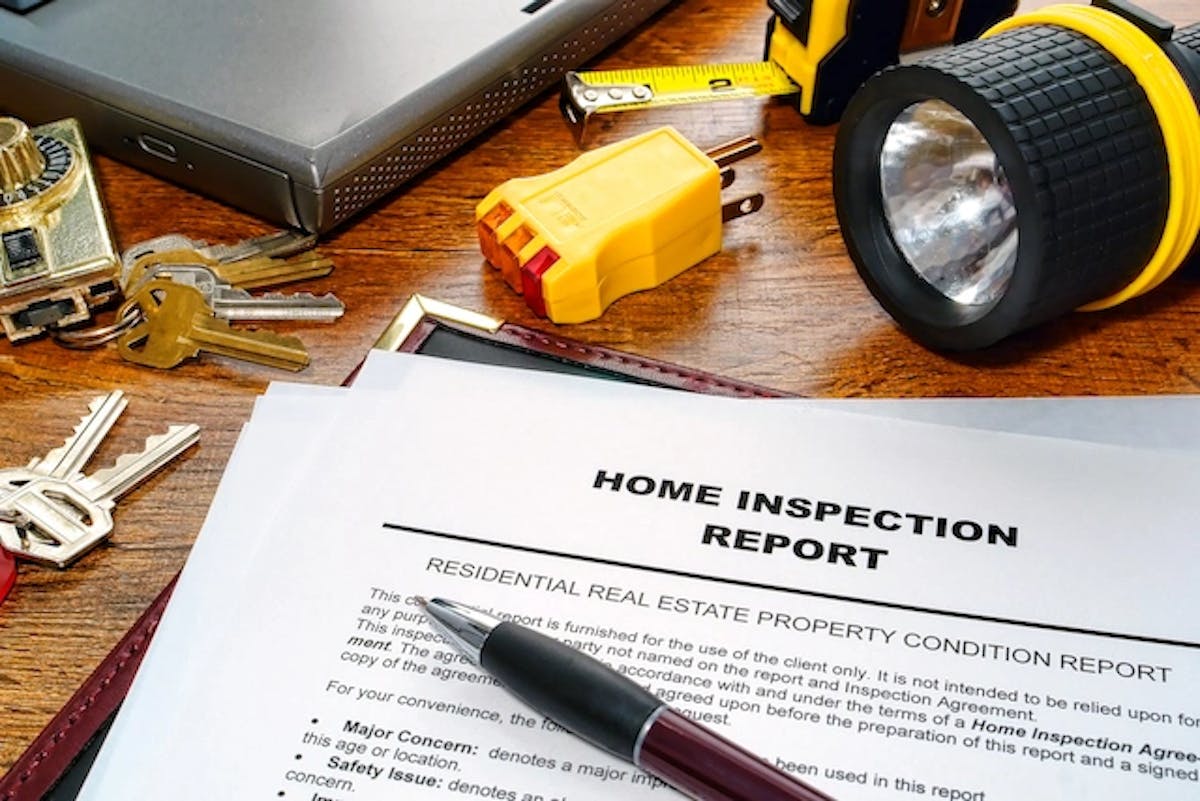
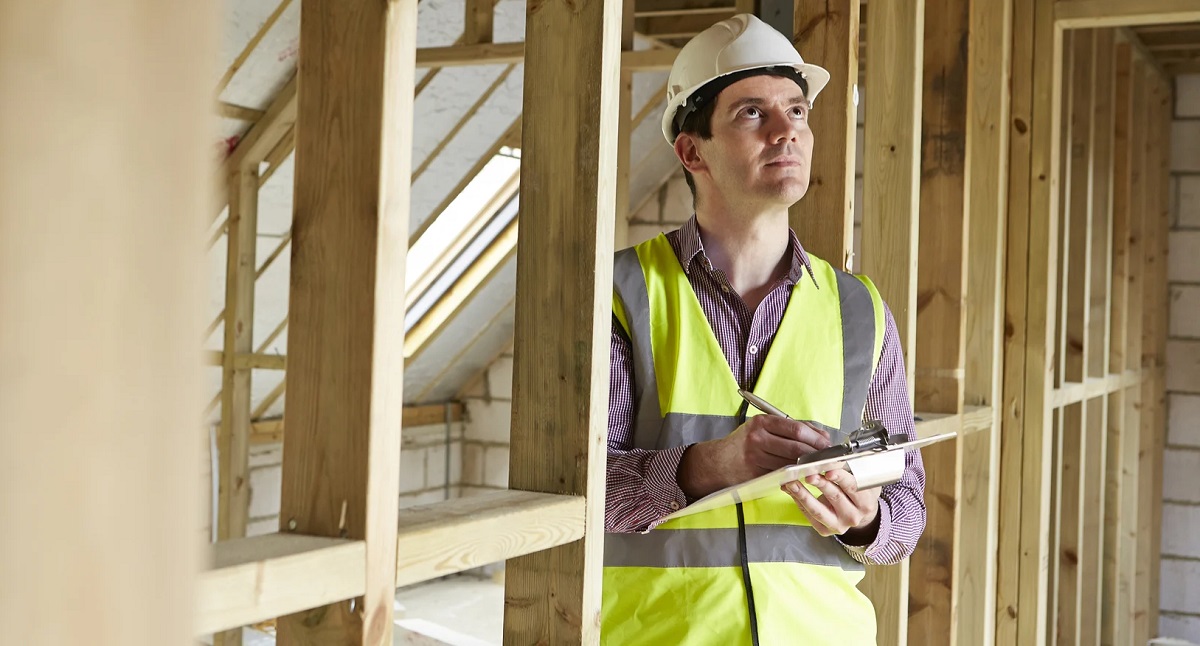

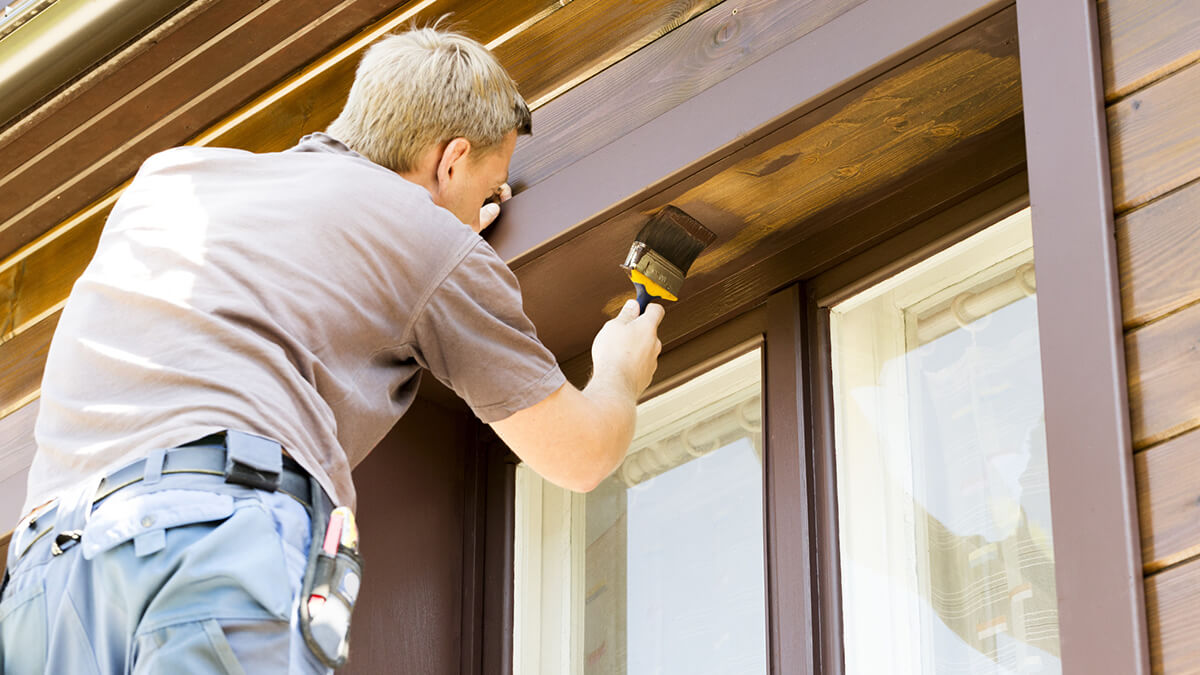





0 thoughts on “When Selling A House, Who Should Do The Home Inspection: Buyer Or Seller?”